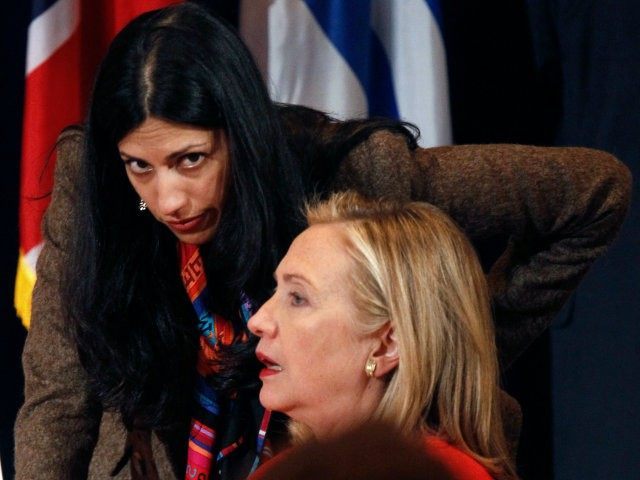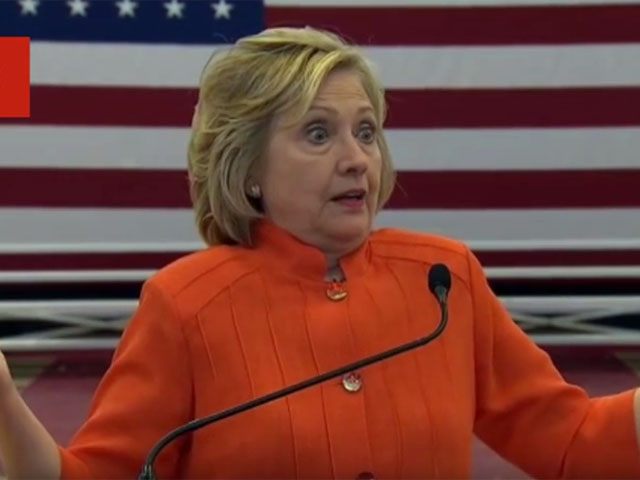http://www.washingtontimes.com/news/2015/aug/31/state-dept-150-more-classified-clinton-emails/
Classified data grows in Clinton emails

In this photo taken Aug. 27, 2015, Democratic presidential candidate Hillary Rodham Clinton speaks in Cleveland. The State Department is expected to release roughly 7,000 pages of former Secretary of State Hillary Rodham Clinton’s emails later Monday, including about 150 ...
more >
By
Stephen Dinan and
S.A. Miller - The Washington Times - Monday, August 31, 2015
The
Obama administration is increasingly finding classified information in former Secretary of State
Hillary Rodham Clinton’s emails, declaring secret material in nearly 3 percent of the batch released late Monday night.
That is up from just 1.7 percent of the emails in the previous releases and raises questions about whether the new set of emails is more troublesome or whether the
administration is being more strict after repeated warnings by watchdogs that
Mrs. Clinton’s messages contain matters that should not be made public.
All told, the government redacted parts of at least 125 messages because of secrecy out of 4,348 emails released Monday, as the State Department rushes to comply with a judge’s order that all 30,000 of
Mrs. Clinton’s messages from her time as secretary be made public.
SEE ALSO: Hillary Clinton bows to left, takes swipe at Wall Street
The latest release is already proving to be awkward for
Mrs. Clinton, who is seeking the Democratic presidential nomination.
“This is a very big deal,” Republican presidential hopeful Donald Trump said in a Twitter message.
The latest batch still centers on
Mrs. Clinton’s early years in office in 2009 and 2010, and details her communications with top personal aides and world leaders. Her political opponents are scouring the data to try to get more insight into her policy stances and actions while she was the top U.S. diplomat.
More pointedly, all sides will be scrutinizing the redactions of classified email to try to gauge what types of secret information she was handling on her email server, which she kept at her home in New York, rather than relying on the secure state.gov system that officials said she should have been using to comply with open-records laws and to maintain security.
State Department spokesman Mark Toner insisted that none of the information in
Mrs. Clinton’s latest batch of emails was marked classified at the time it was sent or received by her.
He said all the classifications have been made in the past month as officials review the messages for release.
“That’s our estimation right now,” he said. “Our goal is to look at this stuff, look at these emails, make a decision on whether we redact, upgrade the classification, and then publish them.”
He declined to issue a ruling as to whether the
administration thinks
Mrs. Clinton followed the law in handling classified information at the time.
“I’m just not going to answer that question. It’s not our goal; it’s not our function,” he said.
The latest batch of classified emails is in addition to more than 60 messages in the previous releases that have redacted secret information, marked in the documents as “Class: Confidential.”
That works out to classified information in about 1.7 percent of
Mrs. Clinton’s previous messages, compared with 2.8 percent now.
What that rate means is in the eye of the beholder, said Greg Valliere, chief political strategist for Potomac Research Group, an independent polling and consulting firm in Washington.
















